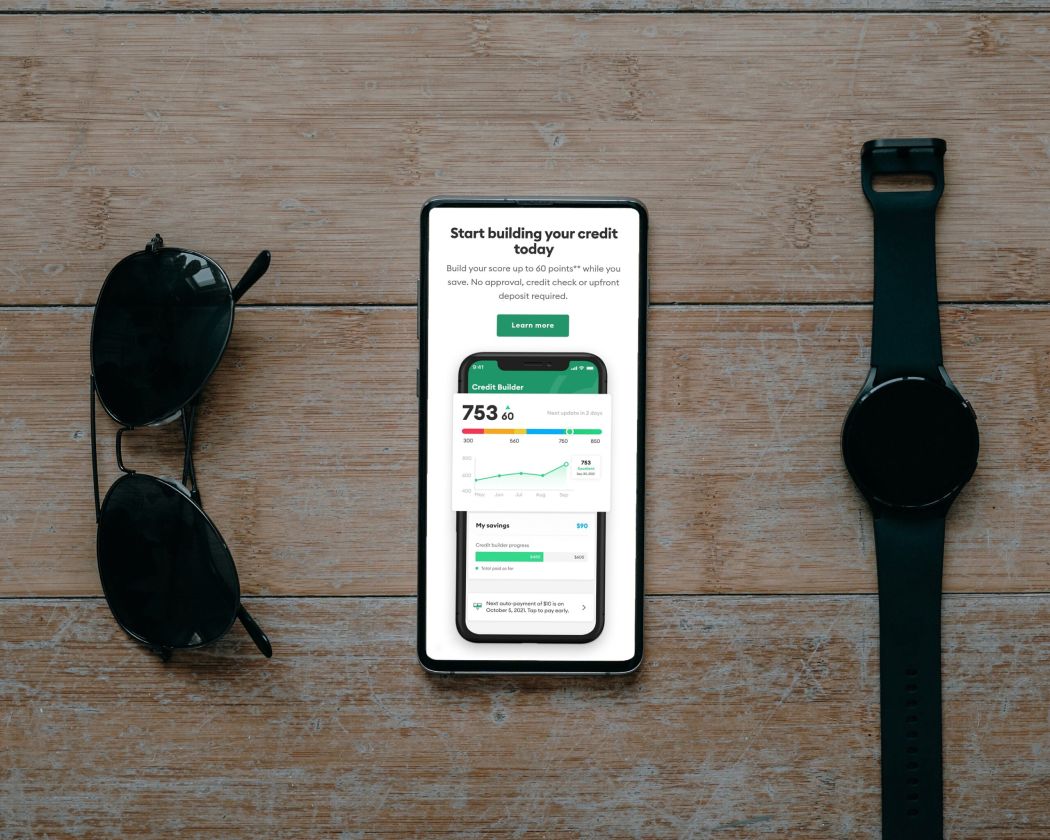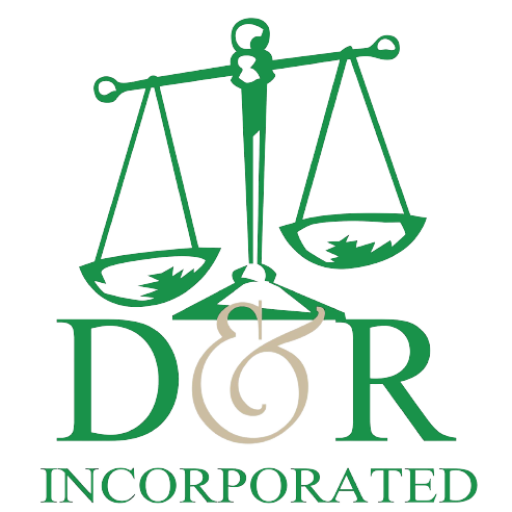Now that we have a deeper understanding of what a loan is we can dive a bit deeper into the interest rate itself.
Interest rates are determined by the type of loan such as credit cards, clothing accounts, furniture accounts, student loans, car finance or a mortgage loan for a house. Every loan has its’ own interest rate and this interest rate will be calculated on a number of different factors such as:
• Principal amount borrowed
• Length / term of the loan
• Monthly instalment
• Repayment Plan
• Repo rate
• Credit Record (Score) of the consumer (borrower)
Due to interest rates potentially reaching 30% per annum (depending on the repo rate at the time), a consumer can quickly start to feel the pinch of a high instalment repayment plan for credit taken out. This may cause you to take out another line of credit to cover normal day to day costs. This will result in another interest-bearing account adding to your financial struggles. Eventually the repayments on these credit accounts will be higher than you can afford to pay out every month, leaving you with little to no money to cover your essential living costs.

Non-payment on these accounts will lead to your creditors handing your overdue accounts to a collection agency where calls from them can be overwhelming and stressful.
The frequency of this harassment could lead you to not answer your phone anymore, not go to work and throw away final notice letters (un-opened) that are sent in the mail which by this point your creditors will have taken legal action against you. These legal actions could lead to a court order such as:
1. Warrant of Arrest – Section 65 Procedures
A magistrate’s court may issue a notice which instructs the debtor to give evidence (under oath) on
their financial position and their ability to pay their debt. If the debtor fails to appear in court a warrant of
arrest could be authorised by the court whereby a sheriff could arrest you and take you to court.
2. Emolument Attachment Order (EAO) or Garnishee Order
The court may grant a garnishee order that instructs the debtor’s employer to deduct regular instalments
directly from the debtor’s salary (before they get paid) and pay that portion directly to their creditor in order
to pay off the judgement debt.
2. Warrant of Execution
The court may issue a warrant of execution which allows the sheriff to attach the debtor’s movable
property. For example, your furniture, assets or car could be auctioned off to pay off your debt.
When thinking of hiring a lawyer to represent you, you are faced with enormous legal fees which would be payable upfront, with money you already do not have, leaving you unprotected. This is where a debt restructuring court order would be a viable and beneficial path to take, such as Debt Review or Administration depending on your personal circumstances. In our next blog, we will discuss exactly how both of these debt relief solutions work and how they can help you pay off your debt in a manageable repayment plan, receive legal protection which protects your income and assets and turn your life around to a debt free future.

